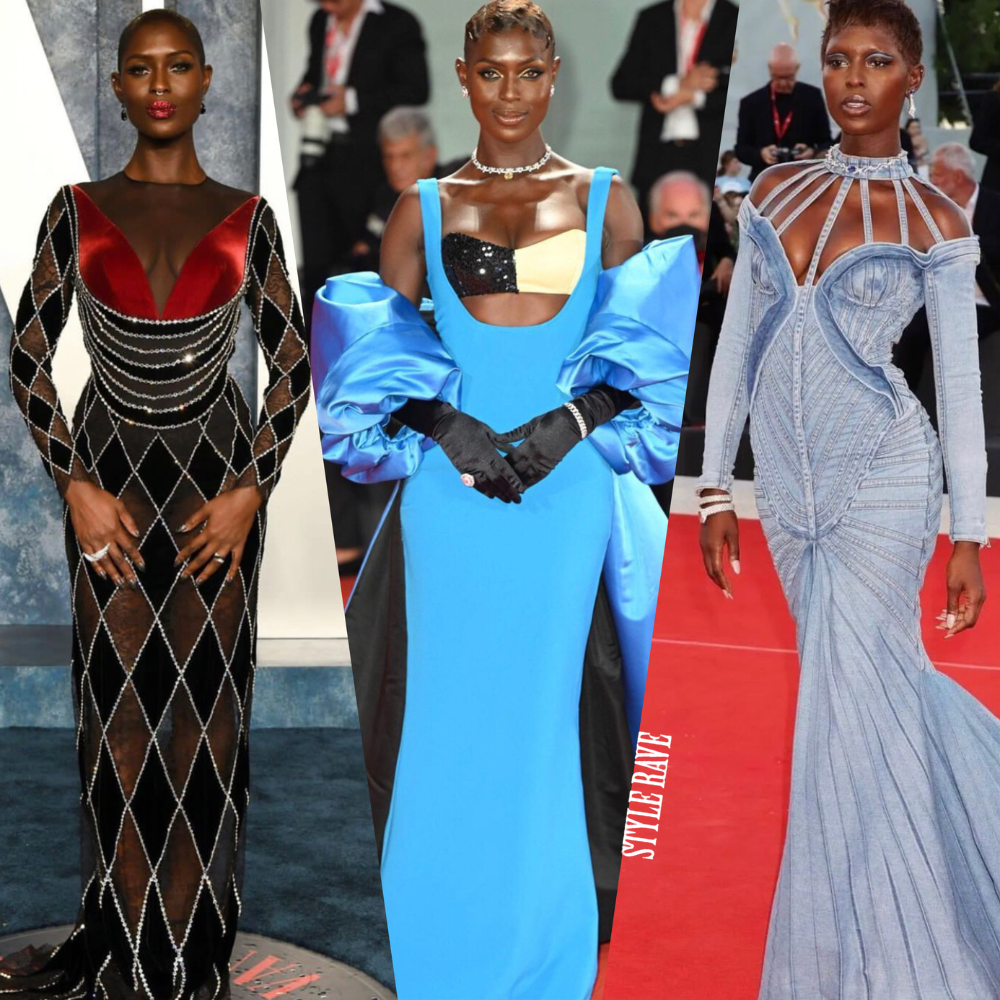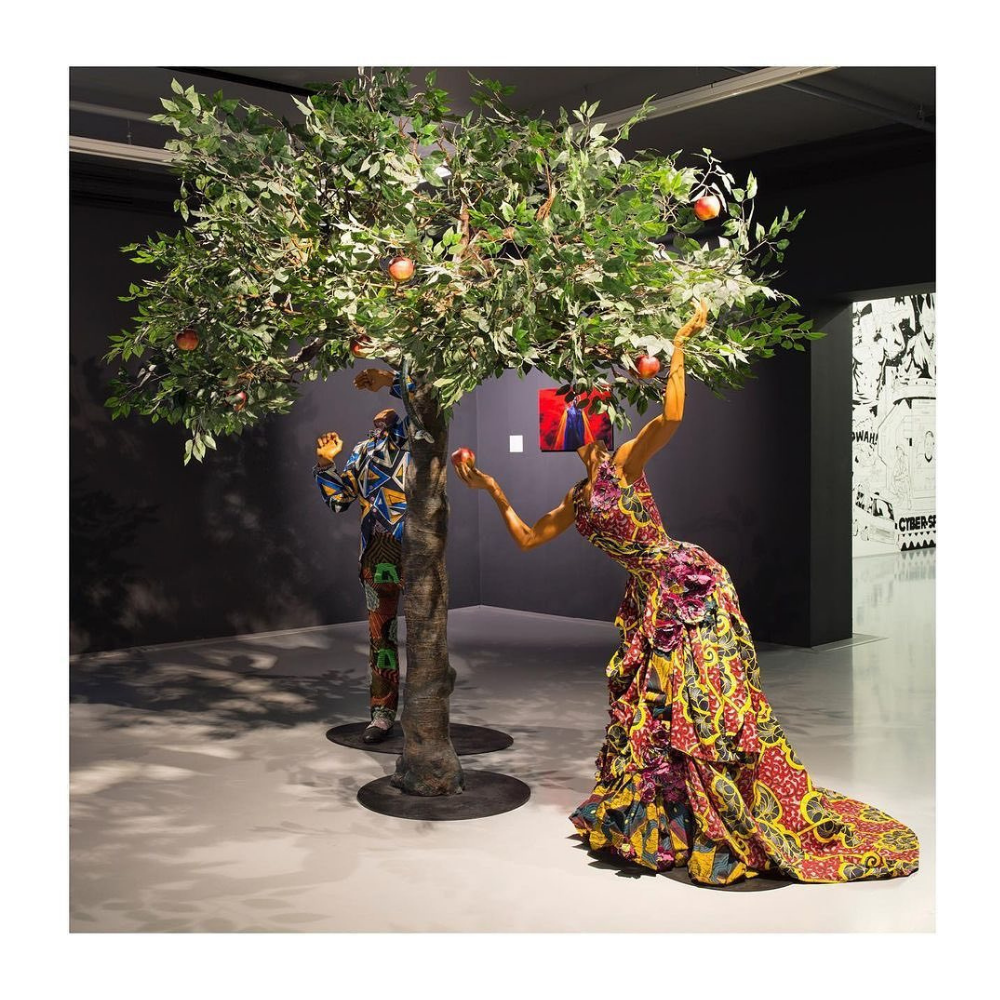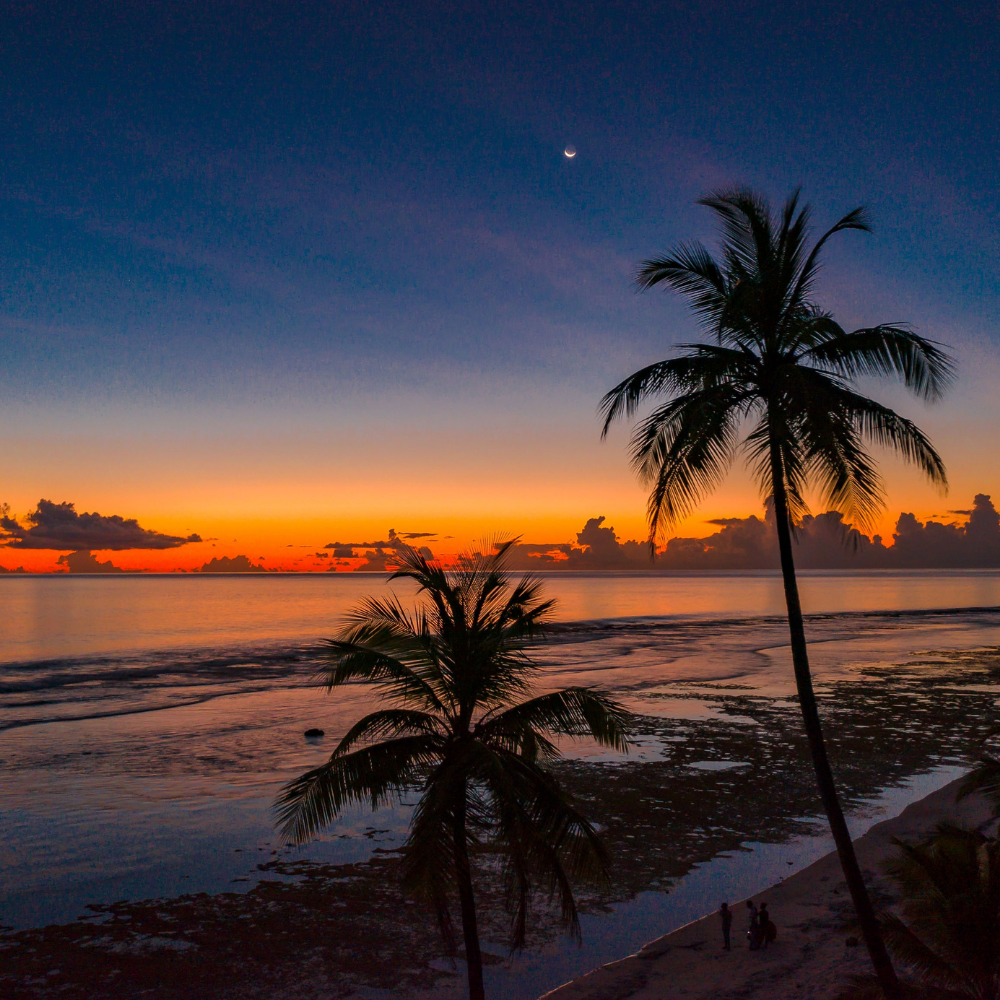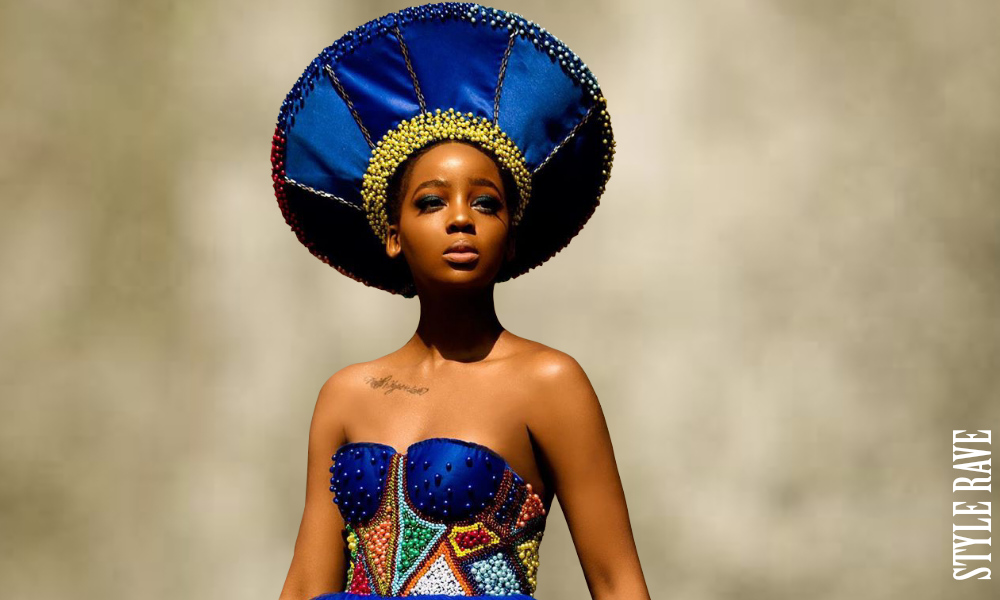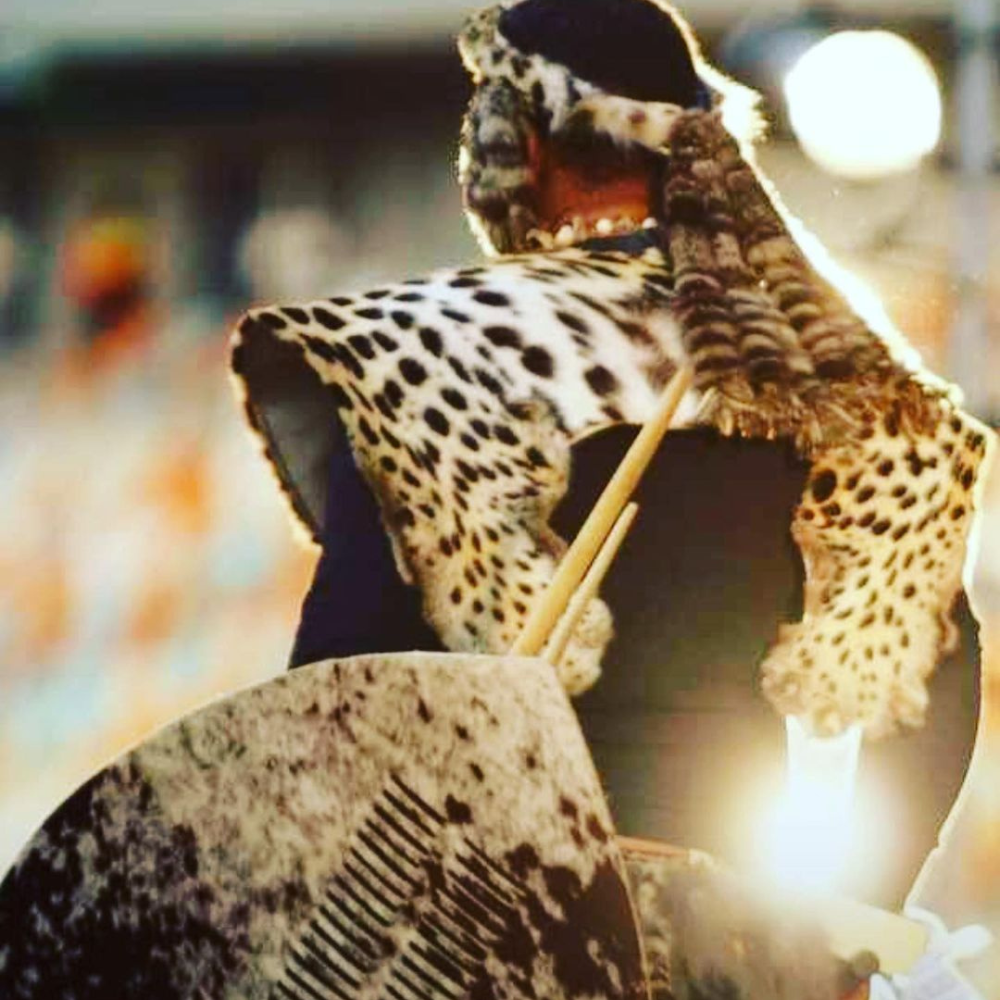
A writer fascinated by humanity and diversity. He is the…
In the early 19th century, a Zulu king named Shaka conquered competing Nguni tribes and assimilated them into his Zulu Kingdom, forging one of the most powerful empires known on the continent of Africa. The Zulu people of today, most of whom live in the South African province of KwaZulu-Natal, still trace their royal line back to Shaka, whose rule began in 1816 and ended in 1828, when he was assassinated by close associates and half-brothers.
The Zulu are South Africa’s largest ethnic group and are well known for their military exploits. They are also known for their enthralling dances. They are very colorful people with impressive crafts, beadwork, and pottery. Like most African societies, the Zulu are very hospitable people. Greetings and kind gestures, even to strangers, are the norm. The Zulu have philosophies beautifully enshrined in their language that can foster unity among humanity. Here is a selection of interesting things about the Zulu people to impress you.
Check out 7 facts about Zulu people that will certainly impress you…
#1. Their language boasts deep meaning
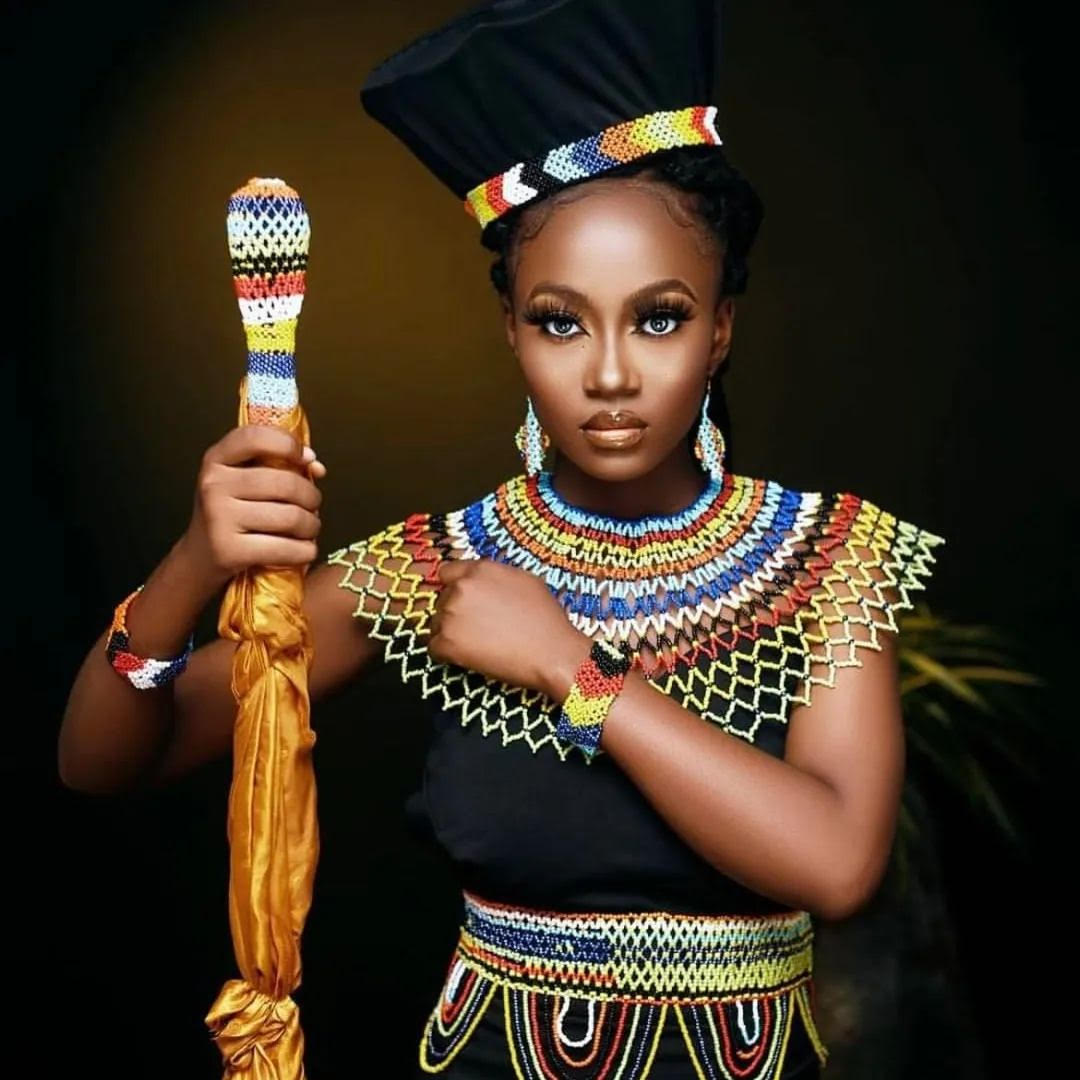
Zulu people speak isiZulu, one of the classes of the Nguni languages in South Africa, including isiXhosa, isiNdebele, and isiSwazi. In KwaZulu-Natal, where most Zulus live, isiZulu and English are the languages mostly spoken. Zulu names are usually pregnant with meaning and may reference events in the past or present or things expected to come in the future.
Philosophies underlie a great deal of isiZulu words and expressions. For instance, a popular word of greeting among the Zulu is “Sawubona,” which means “I see you” or “I value you.” The response to this greeting is “shiboka,” which translates to “I exist for you.” Who wouldn’t fall in love with this beautiful language?
#2. The belief in Ubuntu and Hlonipha philosophy
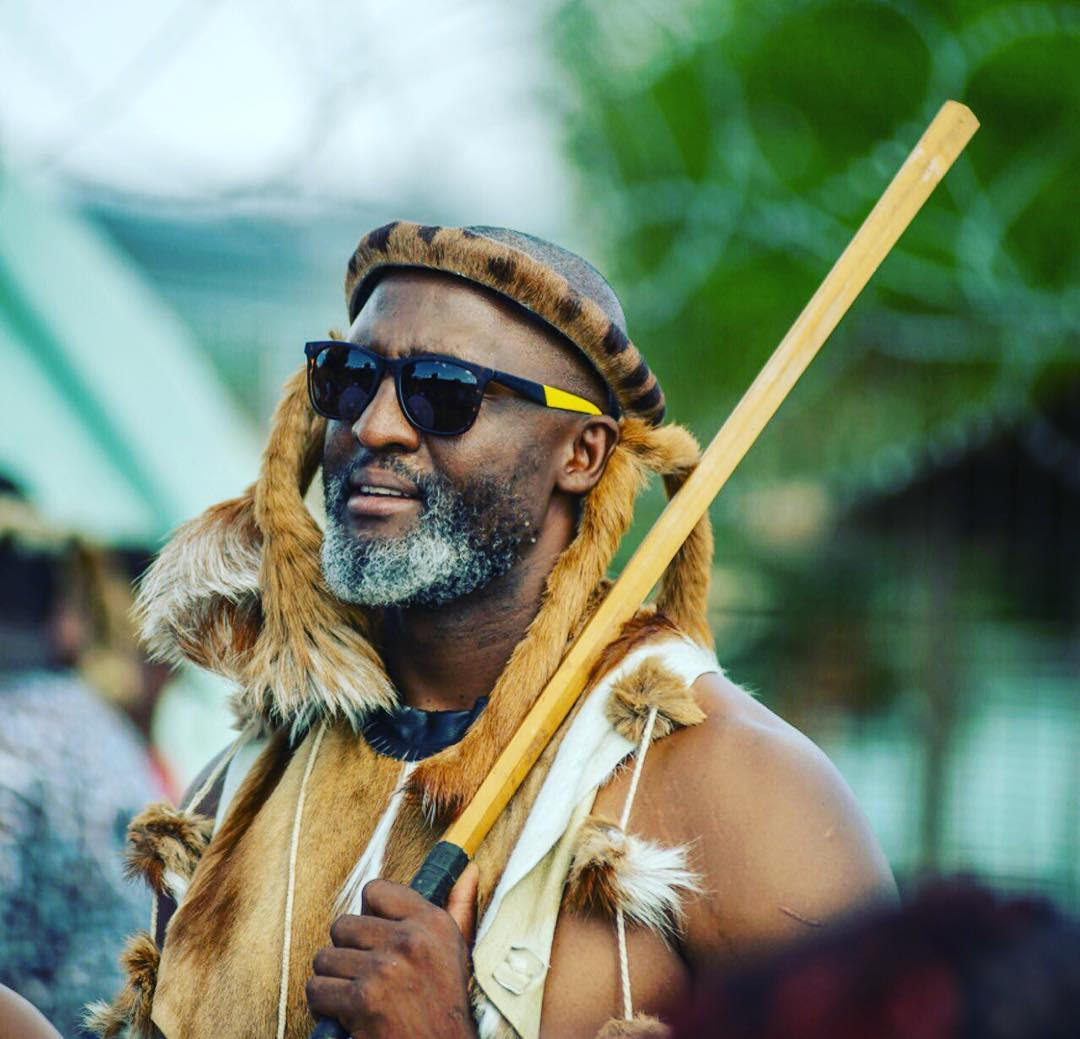
The Zulu term “Ubuntu” originates from a Zulu phrase that means “I am because you are.” It is rooted in humanist African philosophy that embraces togetherness, shared humanity, and oneness. Ubuntu philosophy can be a force for good in bringing healing in societies broken by conflict and injustice.
On the other hand, “Hlonipha” means to respect or honor; its philosophy is rooted in respect for human dignity. Although Zulu society, like all other societies, is still grappling with many social problems such as political conflicts, gender discrimination, and social inequalities, there is hope that the philosophies enshrined in Ubuntu and Hlonipha will guide the Zulu toward a more egalitarian, free, and just society for all.
#3. They write “love letters” with beads
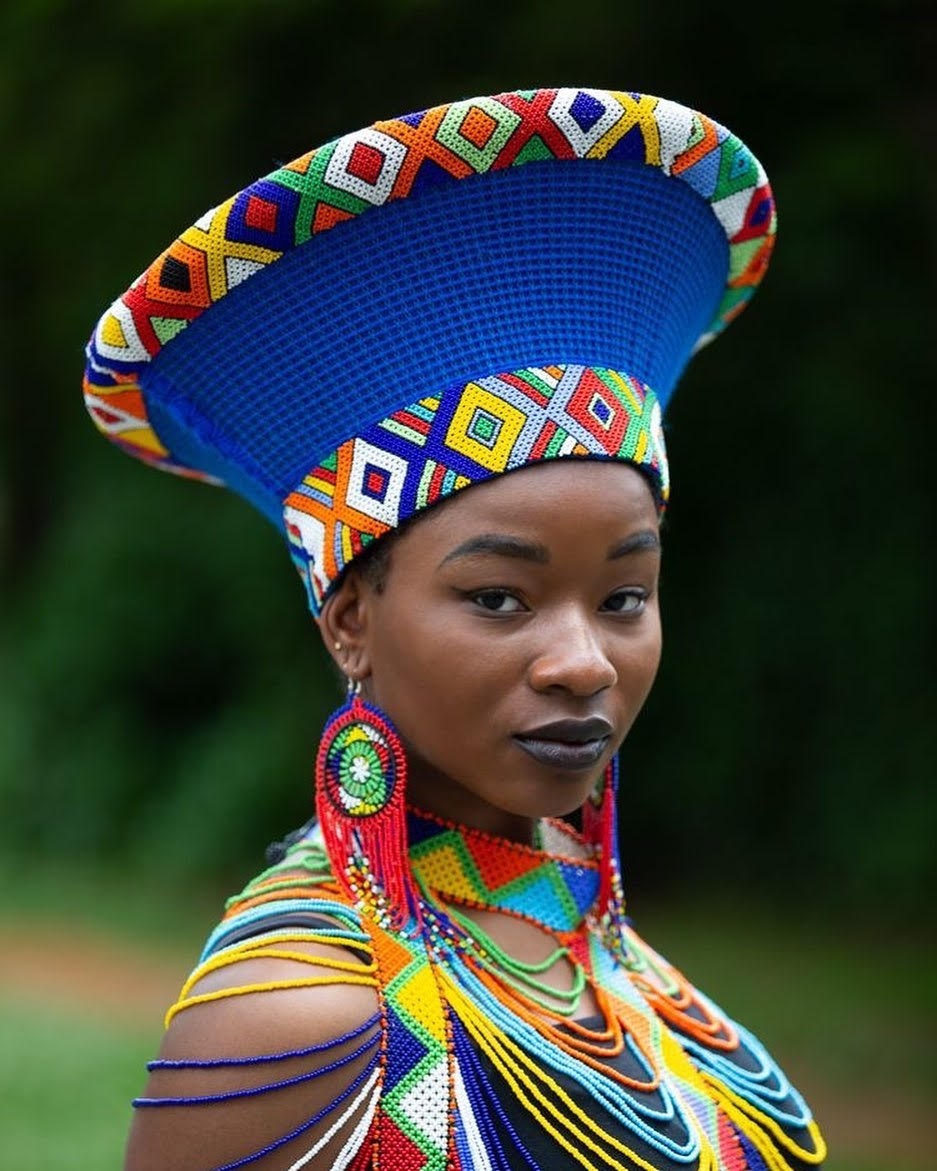
Traditionally, when a mature girl is courting a man, she may start by sending a “love letter” to her love interest. This “love letter” isn’t written on paper but expressed on beads of different colors, which connote different messages. White beads signify love. Black stands for doubt or bleakness. Pink means poverty; yellow stands for riches; red for danger or grief; blue for happiness. So if a young woman makes a string of white and blue, she is saying that she is in love and is very happy. Who wouldn’t love such beads and their connotative meanings?
#4. The Zulu have a famous war dance
Their famous Zulu war dance, or Indlamu dance, said to have inspired Zulu warriors during their wars with the British, is one of the most popular dances on the continent of Africa. It is performed by dancers dressed in traditional clothes, or amabheshu (loin skirts), and characterized by the choreographed stomping of feet and high kicks in sync with loud drumming.
In the past, the Indlamu was performed as a ritual to foster solidarity among soldiers. These days, the Indlamu is performed on various occasions including Zulu coming-of-age ceremonies, weddings, childbirth, and inaugurations of kings.
#5. Shaka’s Day is celebrated lavishly
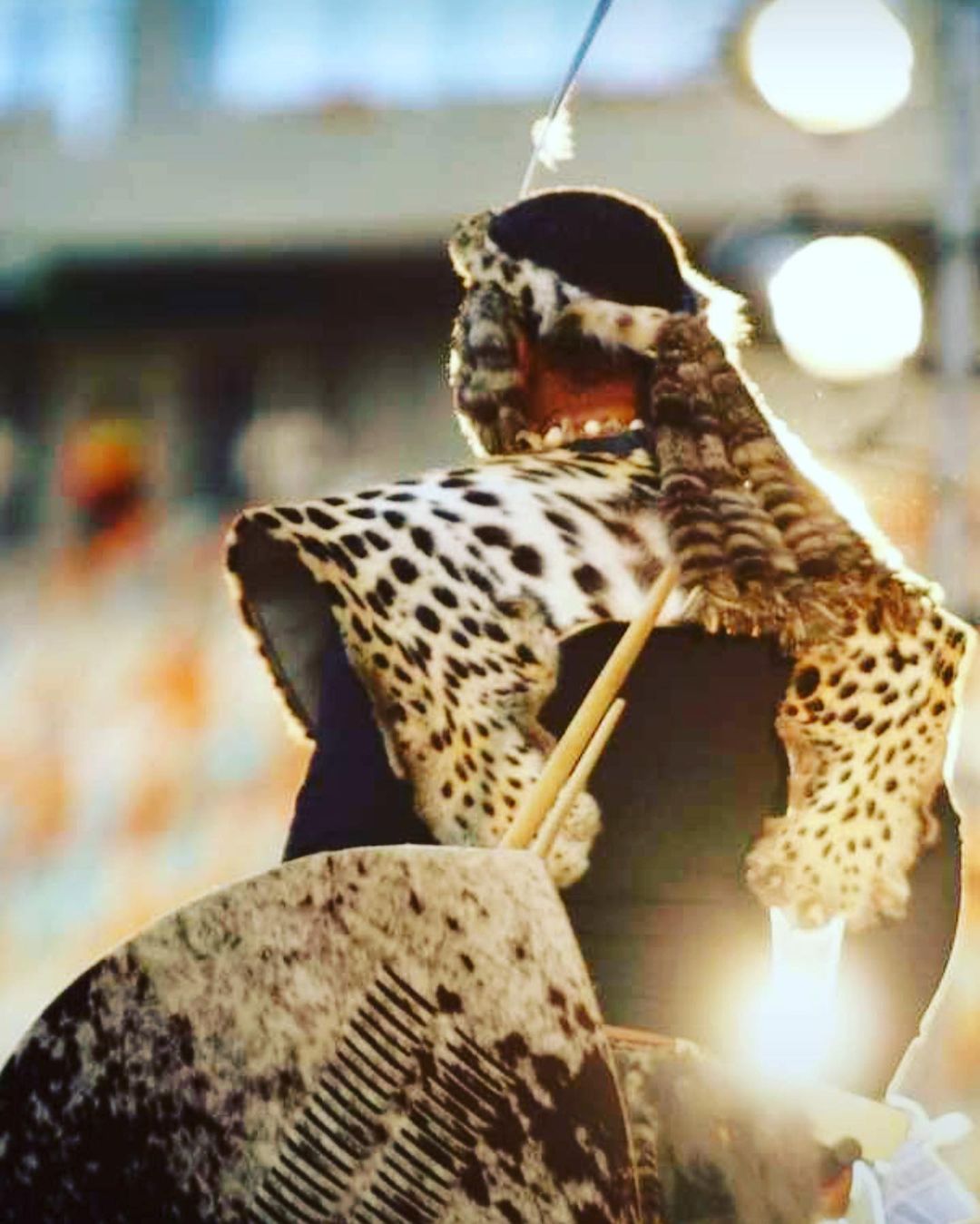
Zulu people hold Shaka in very high esteem and celebrate Shaka Day in honor of the founder of the Zulu Kingdom. It is held in September of every year. Turned out in traditional garments (amabheshu, for the men, and isidwaba, for the women), Zulu people from both home and abroad gather around Shaka’s tombstone in KwaDukuza in KwaZulu-Natal Province.
Local praise poets sing the praises of Zulu kings, beginning from King Shaka to the present king. The Zulu are very fond of song and dance, and will very much put their musical and dance skills to good use on Shaka’s Day.
#6. Zulu people have a puberty ceremony (Umemulo)
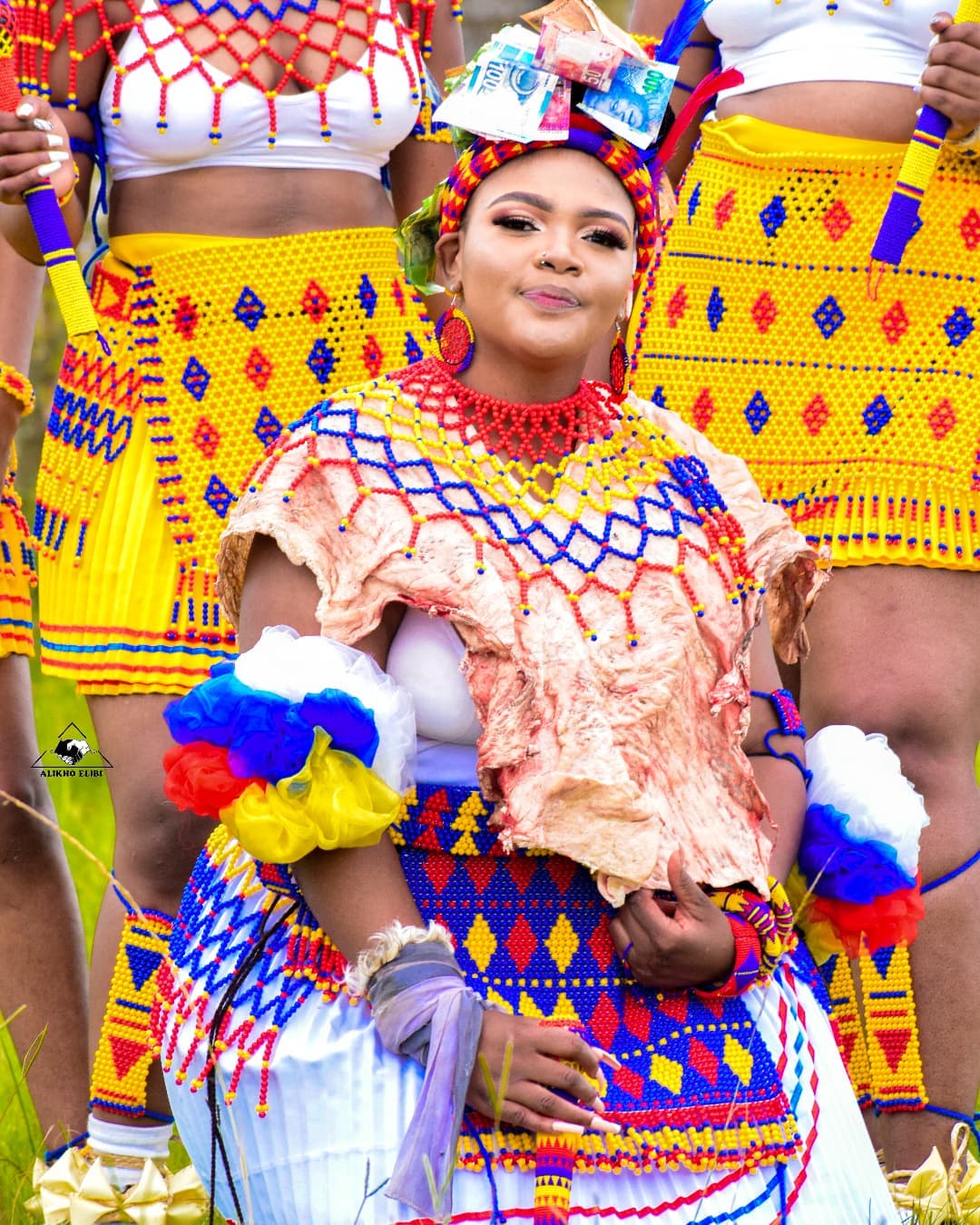
Umemulo, or the puberty ceremony, is a very fascinating ceremony among the Zulu people that marks the transition to adulthood, especially for girls. They are separated from other people for a time, signifying the said transition, and then return to society in a ceremony marked by the ritual killing of animals, music, dance, and festivity. When this ceremony is performed, the girls are ready for marriage.
#7. The tribe boasts prominent individuals
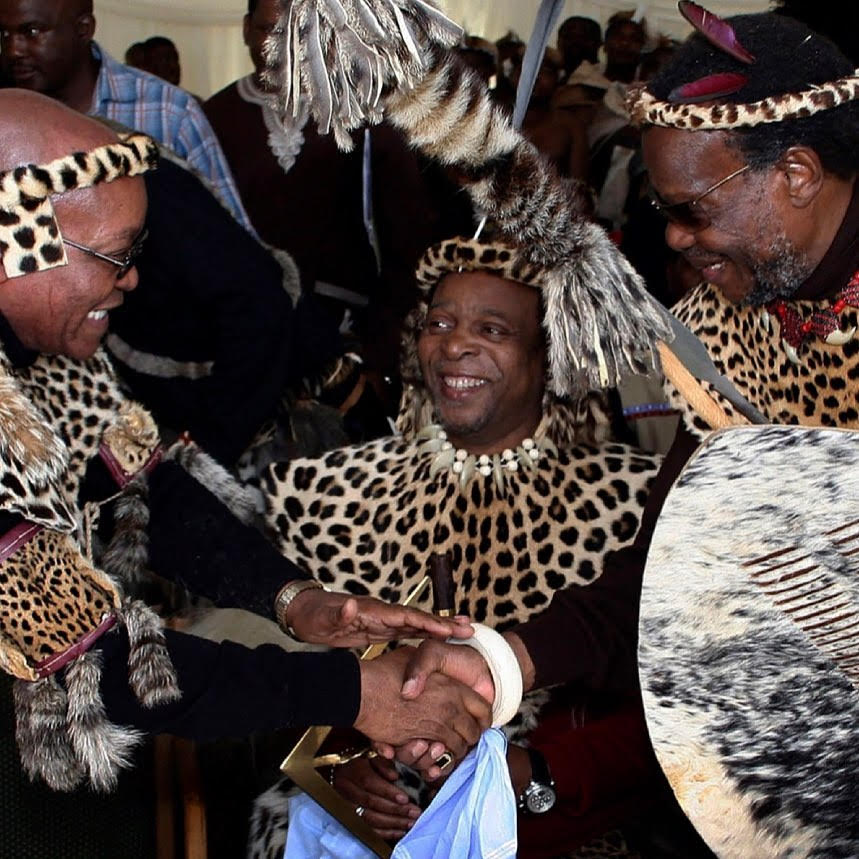
Zulu people have distinguished themselves in all walks of life. A few notable names include Jacob Zuma (former president of South Africa), Phuthuma Nhleko (former CEO of the MTN Group), Oswald Mbuyiseni Mtshali (poet), Lewis Nkosi (writer), Lucky Dube (reggae musician), Leleti Khumalo (actress), Bridget Masinga (2002 Miss South Africa), and Siphiwe Tshabalala (footballer).
For the latest in fashion, lifestyle, and culture, follow us on Instagram @StyleRave_
This is a Style Rave original content exclusively created for our readers. If reproduced, distributed, transmitted, cached, or otherwise used by any other publishing house or blogs, such use should provide a direct link to this source article. Use of and/or registration on any portion of this site constitutes acceptance of our Terms & Conditions and Privacy Policy.
—Read also
A writer fascinated by humanity and diversity. He is the author of Do Not Say It’s Not Your Country.


